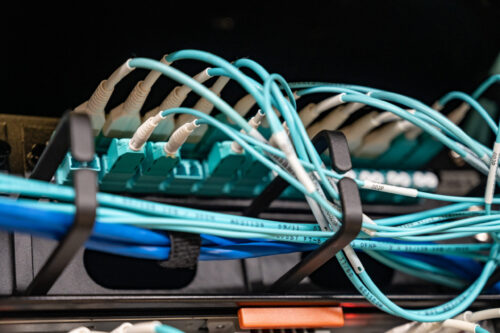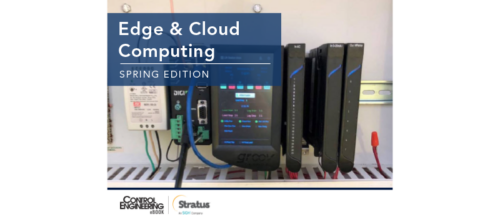Intermec files RFID patent infringement lawsuit against Matrics
Everett, WA—Intermec IP Corp. has filed a patent infringement lawsuit against Rockville, MD-based Matrics Inc. that relates to Intermec's radio frequency identification (RFID) patents.
Everett, WA— Intermec IP Corp. has filed a patent infringement lawsuit against Rockville, MD-based Matrics Inc. that relates to Intermec’s radio frequency identification (RFID) patents. Filed on June 7 in U.S. District Court in Delaware, the lawsuit alleges that Matrics’ RFID products and systems infringe on Intermec’s intellectual property, and seeks a reasonable royalty. Intermec is a division of Unova Inc.
Intermec adds that it offers a complete licensing program for companies that want to use its intellectual property. ‘Intermec believes strongly in the need to balance two responsibilities,’ says Tom Miller, Intermec’s president. ‘We’re committed to making sure multiple suppliers have access to technology, and we provide that through our licensing program. We also must safeguard the rights of companies that invest in development of new technologies that lead to market ad-vancement.’
Intermec reports that it acquired its RFID technology from IBM Research in 1997, when it acquired Amtech Corp. and from its own investment in RFID research and development. Intermec’s complaint alleges Matrics has infringed on a number of its patents, each of which is based on inventions made, filed, and issued or pending before Matrics was founded.
Intermec saystill is the world’s most widely used bar code symbology. It also developed a patented battery management system that has been licensed for use in most of today’s laptop computers.
Intermec explains that RFID complements bar code-based tracking systems, and allows users to automatically track inventory throughout an entire supply chain. RFID automatic data collection typically doesn’t need line of sight or manual scanning, which are required by most bar code-based systems. For example, information from RFID-tagged cases on a pallet can be read automatically using fixed, mobile or handheld readers, rather than requiring individual bar code scanning. Read/write technology adds the ability to change and update the information on each tag as it proceeds, providing new levels of up-to-date information for better decisions.
Control Engineering Daily News DeskJim Montague, news editorjmontague@reedbusiness.com
Do you have experience and expertise with the topics mentioned in this content? You should consider contributing to our CFE Media editorial team and getting the recognition you and your company deserve. Click here to start this process.





